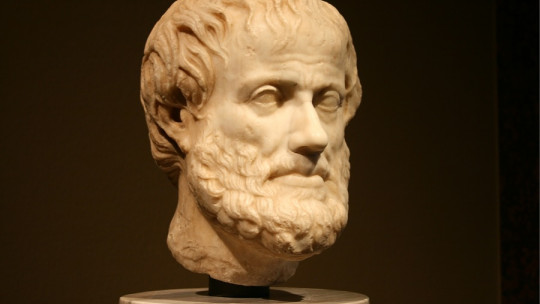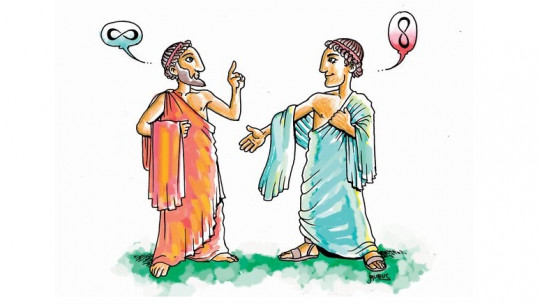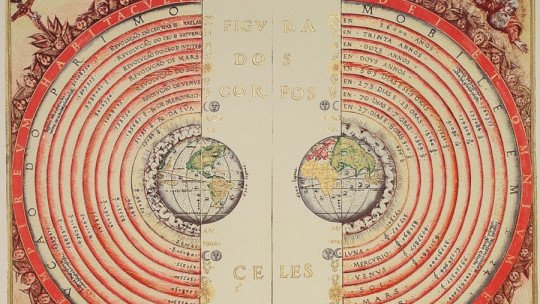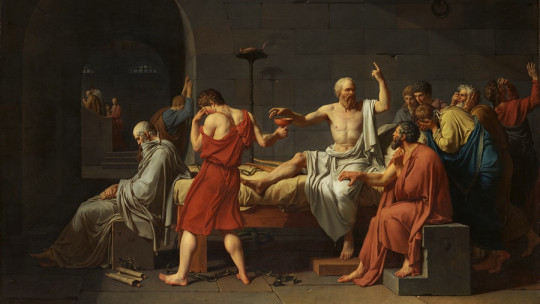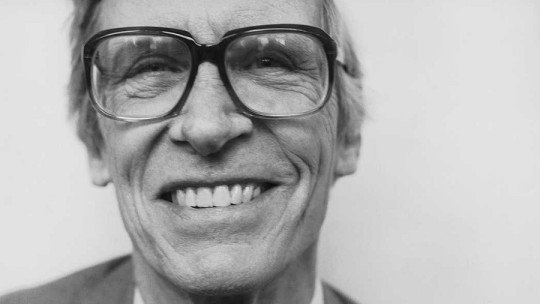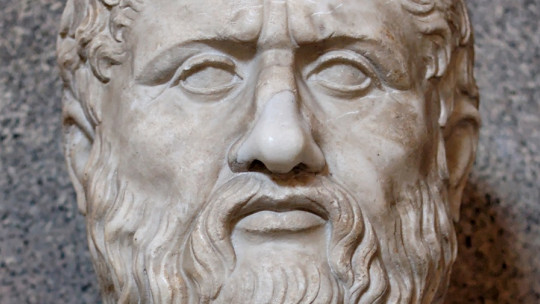
A theory is a set or group of systematized ideas that explain a specific phenomenon. Theories are deduced through experience, observation or logical reasoning. Currently we know that there are various theories, which have been raised or proposed by various authors. One of these theories is that of reminiscence.
In this article we are going to explain to you what it is the theory of reminiscence in a summarized way, and the way in which Plato explained how we achieve knowledge through this.
What is the Reminiscence Theory?
In his thesis titled Reminiscence theorythe Greek philosopher Plato exposes his theory of how human beings acquire knowledge Plato presents his theory in the dialogue “Meno” and elaborates a defense of universal and necessary knowledge, as is the case of mathematics versus the knowledge of contingent and particular things in the physical world that surrounds us.
This theory refers to the assumption that knowing is remembering and that the acquisition of knowledge depends, mainly, on the distinction between true opinion and knowledge. Likewise, the theory states that it is possible to seek to be right when one may lack knowledge. Thus, through reminiscence it would be possible to give an accurate answer to a question without having prior knowledge.
Therefore, for Plato, acquiring knowledge has to do with remembering what the soul knew when it inhabited in the intelligible world of ideas before falling into the sensible world and being locked in the body. This theory is linked to the difference between the body and the soul; Thus, memory is achieved through philosophical dialogue. Likewise, the theory of reminiscence conceives that wisdom and virtue come from a past life; the soul maintains that information and the teachings learned and brings them into the individual’s current life.

Although it is a bit complex to be able to explain what the Meno’s dialogue would be, we will begin by stating that it is a conversation, which turns out to be very reflective because it exposes Plato’s thoughts. In this dialogue there is an exchange of ideas between the Meno, Socrates, the slave, and Anytus, a rich Athenian. Thus, in the text you can see an endless number of questions that the Menón poses to the philosopher and there is a conversation with the other two secondary characters.
What is reminiscence?
When referring to reminiscence or anamnesis, we refer to that function that allows us to remember or evoke memories through thought
Thus, through reminiscence, we can refer to those past experiences or acts that we manage to remember through a mental process, and also to abstract knowledge that is true in itself (which, for Plato, implies that this knowledge is not in the physical world that surrounds us, but in the world of ideas).
Plato’s thesis entitled “theory of reminiscence” systematically exposes the paradigm of how knowledge is acquired and what its justification is. He affirms that man, despite what he can see, feel or even hear, could access knowledge; nevertheless, the veracity of this cannot be guaranteed since not all men feel the same way, since singularity ends up differentiating them when perceiving eventualities, events or interpretations that we can make in the face of certain events.
For this reason, it is impossible to base the theory solely on sensations, since for Plato, through mathematics without the need to be experienced or felt, one can arrive at true propositions that seem to arise from oneself. It is so the truth seems not to really come from the outside world but rather from one’s own reason, from one’s mind or soul as it was conceived in ancient times These entities seem to produce information common to all people. Thus, despite believing that knowledge comes from the outside world, true knowledge actually comes from our mind. This is why the need and importance of considering the way in which the mind provides us with knowledge.
Beyond mathematics
Plato did not wish to limit his theory of reminiscence only to mathematics, but, on the contrary, I wanted to extend it to knowledge about physical objects Therefore, he found himself in the difficult mission of idealizing a way in which the mind conceives external objects without necessarily having a relationship with them.
Thus, the philosopher says that all forms of knowledge are found in the world of ideas or forms, which are located in the souls before incarnating in bodies and being born. Therefore, according to Plato, all knowledge is found in the soul of man, but only in contact with the instances of forms (concrete objects) was he able to remember them.
For Plato, the knowledge that an individual who lived in him could have. That is, the subject does not actually acquire new knowledge of the outside world, but rather When interacting with the outside world, he began to remember the knowledge that was established in the human being, specifically in the soul. Thus, the theory he proposes is mainly based or founded not on sensation, but rather on reason. Thus, for this philosopher, all people have already acquired knowledge that lives in our soul, but we must promote its memory in order to bring it to the surface.
Knowledge is specifically established in the soul
For Plato, knowledge of ideas is not possible through experience, but when the person considers that he is learning something, when he knows a truth not really thanks to sensible experience, because he is just remembering. This is because the soul, before incarnating, lived in the intelligible world and already knows the ideas, but upon falling into the body it has forgotten them.
Thus, for the philosopher the soul belongs to the intelligible world, since it knows the ideas, but when incarnated it has forgotten them; however, through dialogue it is possible to remember them through a series of questions, it is possible to extract this knowledge that was in the interior of the soul.


